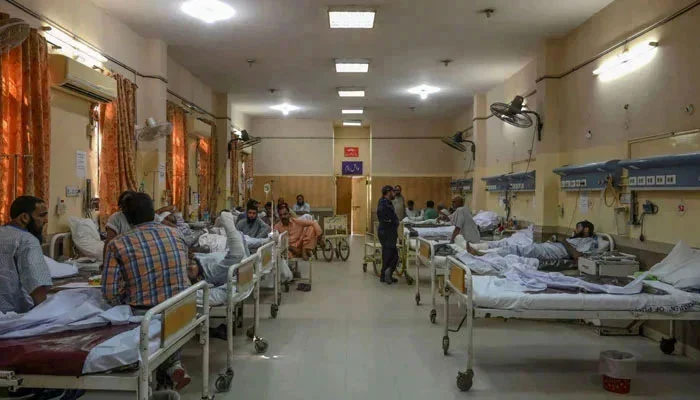The Pakistan Islamic Medical Association (PIMA) has raised a serious alarm over a significant 16% reduction in the federal health development budget for fiscal year 2025–26. According to PIMA’s central leadership, this slashing represents one of the lowest health allocations in the region and compromises the country’s resilience amid mounting health challenges.
At just below 0.9% of GDP, Pakistan’s public health spending remains far below global and regional benchmarks. PIMA’s leadership emphasized that the reduction will have a direct impact on critical areas: ongoing construction and upgrades of hospitals and Basic Health Units (BHUs), modernization of equipment, disease surveillance infrastructures, and the training of medical professionals.
With the country facing a dual burden, a rise in non-communicable diseases like diabetes, heart disease, and cancer alongside persistent threats from infectious diseases such as tuberculosis, hepatitis, and HIV/AIDS, PIMA warned that reduced development funding severely limits the health system’s ability to respond effectively.
PIMA has urged the government to promptly restore and increase the health development budget, stressing the importance of investing in infrastructure, workforce training, and disease control measures. The association called on policymakers to prioritize long-term health planning and strengthen surveillance systems to protect public well-being.
Failing to act, PIMA warns, risks eroding critical public health gains and leaving the population vulnerable to ongoing and future health emergencies.



Comments (0)
No comments yet. Be the first to comment!
Leave a Comment